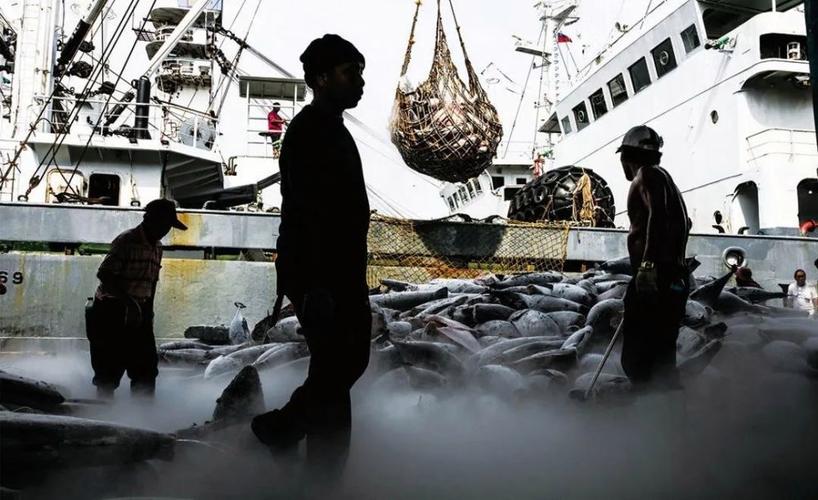
In the next nine years, 3.78 million people in Taiwan will be retiring one after another. The“Biggest wave of retirement in history” is coming, and with no sign of an end to the phenomenon of fewer children, taiwan’s“China Times” on October 27 exclaimed“The great shortage of labor era is coming”.
According to statistics from Taiwan’s Ministry of Labor, the island’s youth labor force aged 15 to 29 has dropped by 160,000 in the past 10 years, China Times said Sunday, the impact on the overall economic performance. It can be said that there is a near-total shortage of jobs in manufacturing, transport, construction, services and healthcare, especially in certain industries commonly known as“3K”(dangerous, hard, dirty) , “Money can’t hire people” is nothing new. The National Development Council estimates the Labour Gap will reach 400,000 by 2030. When William Lai became Taiwan’s premier in 2017, he proposed three policy directions to address the shortage of talent in the industry, namely “Retaining talent, recruiting talent and nurturing talent”. Seven Years On, many employers say the lack of workers in Taiwan is still significant.
According to the report, an employee of a fried chicken shop talked about the situation of recruitment in the shop, and offered a monthly salary of 60,000 nt dollars (1 yuan, about nt $4.5) , but it was very difficult to recruit people, even if someone came to work, almost never for long. The owner of a well-known fried chicken chain in Taichung said that working in a fried chicken stall is a manual job. He not only has to endure the heat, but also has to help take orders and deliver them, one for two. The Boss said that some young people on the island now prefer to work as delivery men and are free to do so; even with the air-conditioning and high salaries in the shops, they still can not keep people.
The same is true in the hairdressing industry. Some people in the industry said that due to the impact of fewer children, fewer and fewer people are choosing to go to higher vocational (tertiary) schools for beauty and hairdressing, and it is difficult to find hair washing assistants. Young people are unwilling to be apprentices and endure for a few years to become masters, and everyone is rushing to be the boss, in the case of high turnover rate, “A division is difficult to find,” the person said he was cut perm, hair dryer, shampoo work.
According to the China Times, Taiwan authorities are subsidizing dangerous, hard-working and dirty“3K” industries to improve working conditions and facilities every year, with a maximum of NT $4 million per case. But Lin, the boss of the engineering and construction industry, said bluntly that young people in Taiwan don’t like this kind of work. He used to hire migrant workers, but he ran away within a few days. Industrial employers are suffering from a lack of jobs, so far, there is no solution to the problem of talent fault and aging.
Faced with a severe shortage of workers in the island’s industries, Taiwan authorities offered various employment incentives or promote the introduction of foreign talent. Domestic scholars believe that Taiwan’s labor shortage problem should not only start from the labor supply side, but also from the demand side adjustment strategy, including industrial transformation and technological innovation, to meet the challenges of the labor market. Hsin Ping-lung, a scholar at Taiwan University, argues that if traditional industries fail to capture people, they will try to invest in automation or intelligent transformation, reducing manpower. Otherwise, the demand side will not be able to shrink, and there will always be insufficient supply. Xie Tinghao, associate professor of the Department of Human Resources Management and development of the HSIUPING University of Science and Technology, said that the compensation as the main intervention mechanism for the various employment incentive policies promoted by the authorities would be effective in the short term, but that attention should be paid to the specific benefits, attention should also be paid to the issue of permanent appointments.
The lack of work is closely linked to the continuing decline in the island’s fertility rate. Not only did the island’s population fall below 20m from 2053 to 2049 earlier than estimated two years ago, according to the Taiwanese newspaper, the total population in 2070 is expected to fall from 16.22 m to less than 15m; more worryingly, the number of babies born in 2054 was expected to fall below 100,000, but the latest estimate“Hit the mark” ahead of 2040.